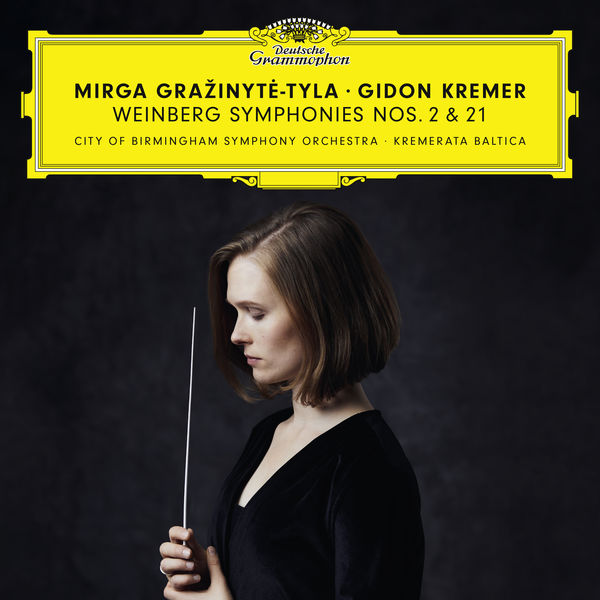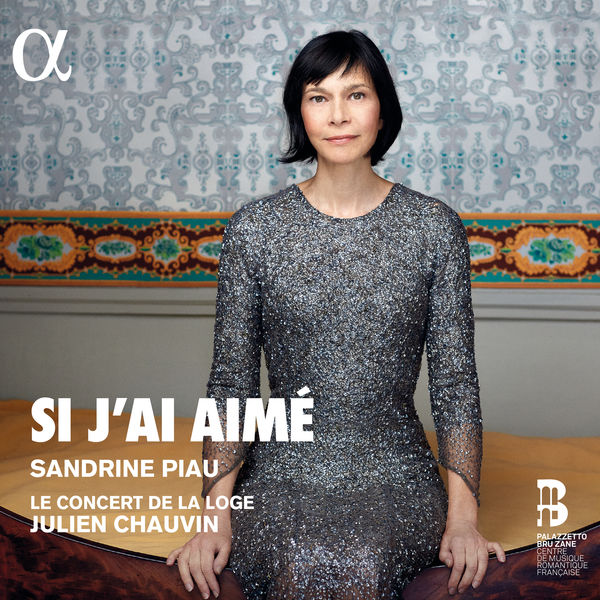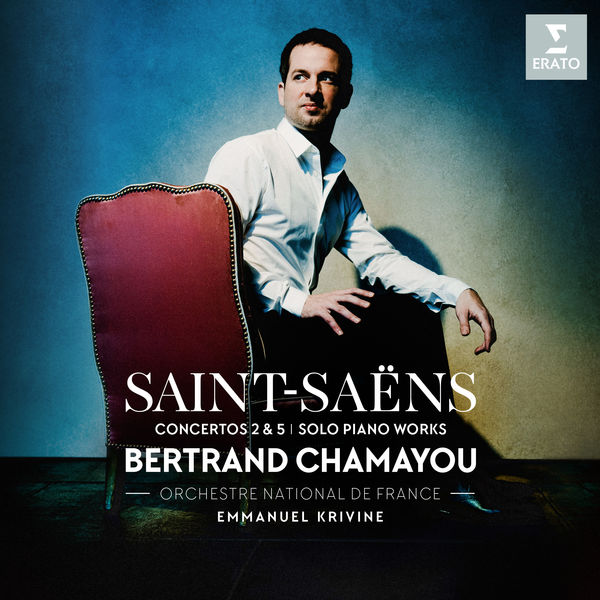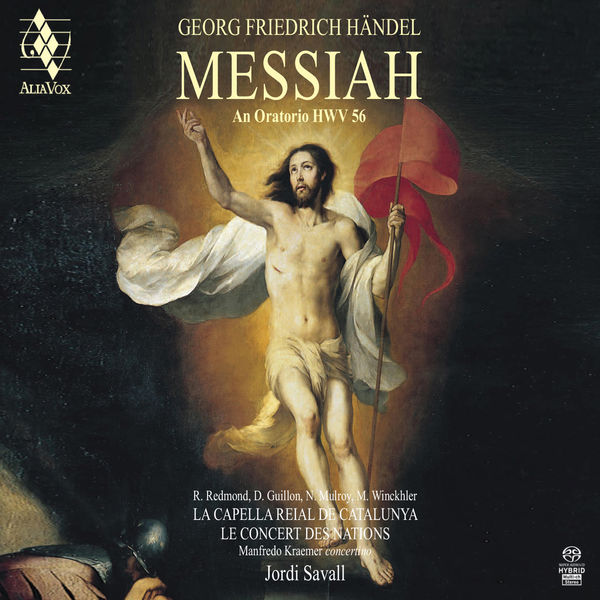First of all, sorry for my long absence, there was just too much going on in my day job. I even skipped my traditional section “reflections on the Gramophone awards”.
The Chopin Nocturnes
Which of the many works of Chopin are his true masterpiece? The Etudes, the Préludes, the Sonatas, Scherzi, or even the Mazurkas that Chopin cherished so much? As always, these things are impossible to judge objectively.
But I know which ones are my favourite: The Nocturnes. They are simple enough that even I with my very limited piano skills could try to play some of them (I’d butcher them…), but they have such a melodic charm and such an intimacy to them, that if I’d have to live with only one category of his works, this would be it. It is clearly inspired by Belcanto, and as I’ve written many times here, I’m a sucker for beautiful melodies.
Has Chopin invented the Nocturne? Almost certainly not, it is a much older category, and even the solo piano one was invented by Irish composer John Fields according to some musicologists.
But Chopin truly mastered this category, which by the way, unlike the Préludes and the Etudes, aren’t just one or two large collection of works, but actually a lot of smaller collections of 2-3 Nocturnes per opus.
So the way we listen to them today, as one end-to-end album experience, probably wasn’t something that a lot of people would have heard during Chopin’s lifetime, given that they were written over a period of nearly 20 years.
I’ve already written about my favourite version of the Nocturnes, in the legendary Supraphon recording by Ivan Moravec, which also features in my Top 10 Chopin albums and my 25 Essential Classical Albums.
I’ve also mentioned the other legendary version, by Maria-Joao Pires, have reviewed Fazil Say’s recent recording. Beyond Moravec and Pires, there are other legendary classics like Rubinstein obviously, Claudio Arrau, or Nelson Freire.
So I wasn’t really searching for yet another Nocturnes recording. But then I read that Stephen Hough had released on the Hyperion label.
Until recently, Stephen wasn’t even fully on my radar screen. I had heard his name as a great pianist, of course, but I hadn’t really listened to many of his recordings yet.
This is mainly due to the fact that Hyperion, his record label, still categorically refuses to be streamed anywhere. While I can understand their reluctance, given how little streaming revenues must mean to any classical label, it just really doesn’t help discovery.
Chopin: Noctures – Stephen Hough (Hyperion 2021)

The first album that I truly appreciated Stephen Hough is his recording of a collection of works I particularly care about, Brahms’ Late Piano pieces. I already had several recordings of this that I considered to be my absolute references, including Volodos, but then I read several reviews of Stephen Hough’s recording, bought it blindly, and was blown away.
So when I read another outstanding review of this recording by Jed Distler on classicstoday.com, I just went ahead and shelled out the GBP26, without thinking too much.
I was glad I did. Very much like with the Brahms above, Hough just finds something new to say about these works that are so familiar, so often played, without ever feeling like he had to force himself to do something different (which was one of my issues with the recent Say recording).
The entire playing sounds so natural, light, and charming (in the most positive sense of the word), that when you listen to this you’re kind of wondering how these little masterpieces could ever have been played in a different way. Take one of my favourites, op. 37 No. 2. So deceivingly simple, it could be mistaken as a Children’s lullaby. But when you listen closely, in spite of all the apparent ease in which Hough takes this, you’ll see all the depth and complexity underlying this little gem of a song.
I’d go as far that if you buy only one classical piano album in 2021, this should be the one (And yes, I still plan to do my top albums of the year post in the coming days, this one is already set).
I should probably at some point add Hough to my Top 10 Favorite Pianists.
My rating: 5 stars
You can find it here (Hyperion)





























